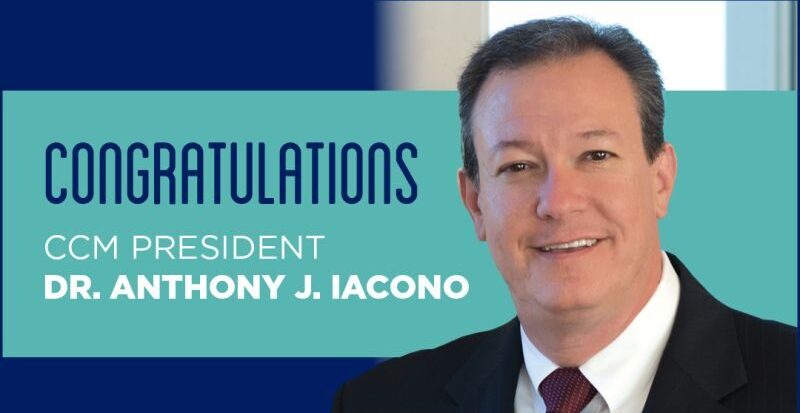Developing the Skills to Meet the Needs of Employers – Posted 2/16/15
High-performance liquid chromatography (HPLC), nuclear magnetic resonance (NMR), ultraviolet visible spectrophotometer (UV-Vis) are instruments used in industrial laboratories, and they’re also the apparatus students train on in the Instrumental Methods of Analysis class at County College of Morris (CCM).
Keri Flanagan, assistant professor of chemistry at CCM, has high expectations of her students and has designed the class like an industrial laboratory.
“Everybody gets to handle the instruments,” says Flanagan. “I step back a lot so they learn how to troubleshoot the ins and outs of the instrument.”
Instrumental Methods of Analysis, along with the other biotechnology and chemical technology curriculums at CCM, was designed through the collaborative effort of professors and industry representatives from such companies and organizations as Air Products, BASF, Elusys Therapeutics, the New Jersey Department of Environmental Protection, Pfizer Inc. and Picatinny Arsenal, to name a few. Together they form the Industrial Advisory Committee at CCM.
The committee works to incorporate applicable laboratory, technical and soft skills into the college’s biotechnology and chemistry technology programs through hands-on course work and internships. The cooperation has resulted in sound preparation for careers in science and technology, notes Anthony Di Stasio, professor of chemistry and chair of the Industrial Advisory Committee
“We adjust the biology and the chemistry programs to fit what these companies are looking for,” says Di Stasio. “If we make a change to the biotechnology degree or the chemistry degree, we run it by the Advisory Committee and ask for their opinion. We ask if the change is beneficial. Will it help our students get a job or will it hurt them? That gives us our answer.”
Di Stasio also has used his role on the committee to establish an internship program so CCM students can gain hands-on experience and connections at prominent industries. Two former CCM interns are now working full-time at Pfizer and another at BASF as a result of their performance during their internships, while others have graduated with full scholarships to four-year institutions.
“I talk to the industrial partners who hire our students and they tell me our students do very well on interviews,” says Di Stasio. “Their interpersonal skills are excellent and they are very mature for their age even though they are two-year students up against four-year students.”
Most recently, CCM alumna, Danielle Radiola, of Budd Lake, landed a chemical engineering internship at Evonik Industries. Her responsibilities include performing analytical tests, running trial and error experiments and documenting data records.
“CCM has certainly helped prepare me for my internship,” says Radiola. “My general chemistry labs at CCM incorporated safety skills, accurate methods of measurement, proper equipment use and data collection skills that have been crucial to my success at Evonik. However, I believe the theoretical concepts taught during my lectures are most valuable. My chemistry professors, Dr. (Jason) Hudzik and Professor (Tim) Mure, placed significant importance on learning to think critically and analytically to solve problems. This teaching technique, I feel, is what helps CCM students develop new and unique ideas, making them a valuable resource to top-notch companies.”
Photo: Students at CCM develop their hands-on industrial laboratory skills in in the Instrumental Methods of Analysis class taught my Professor Keri Flanagan.
Credit: Talia Smith



